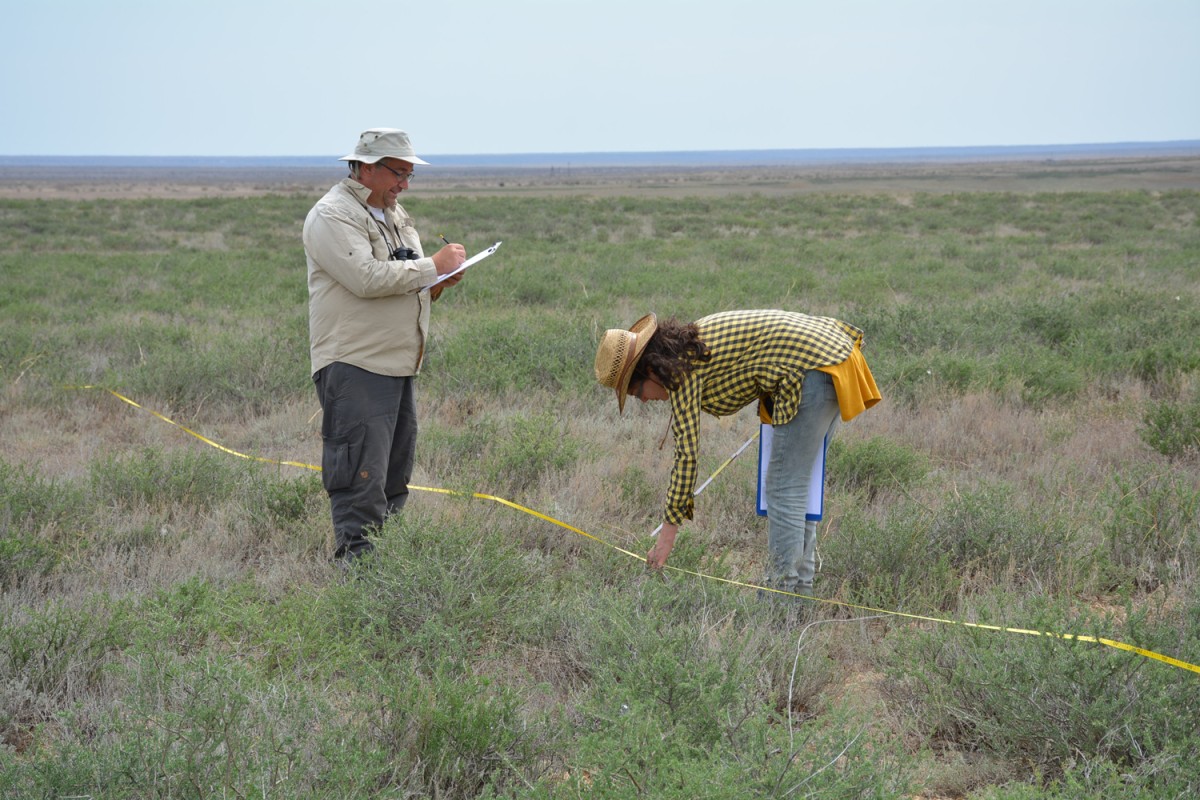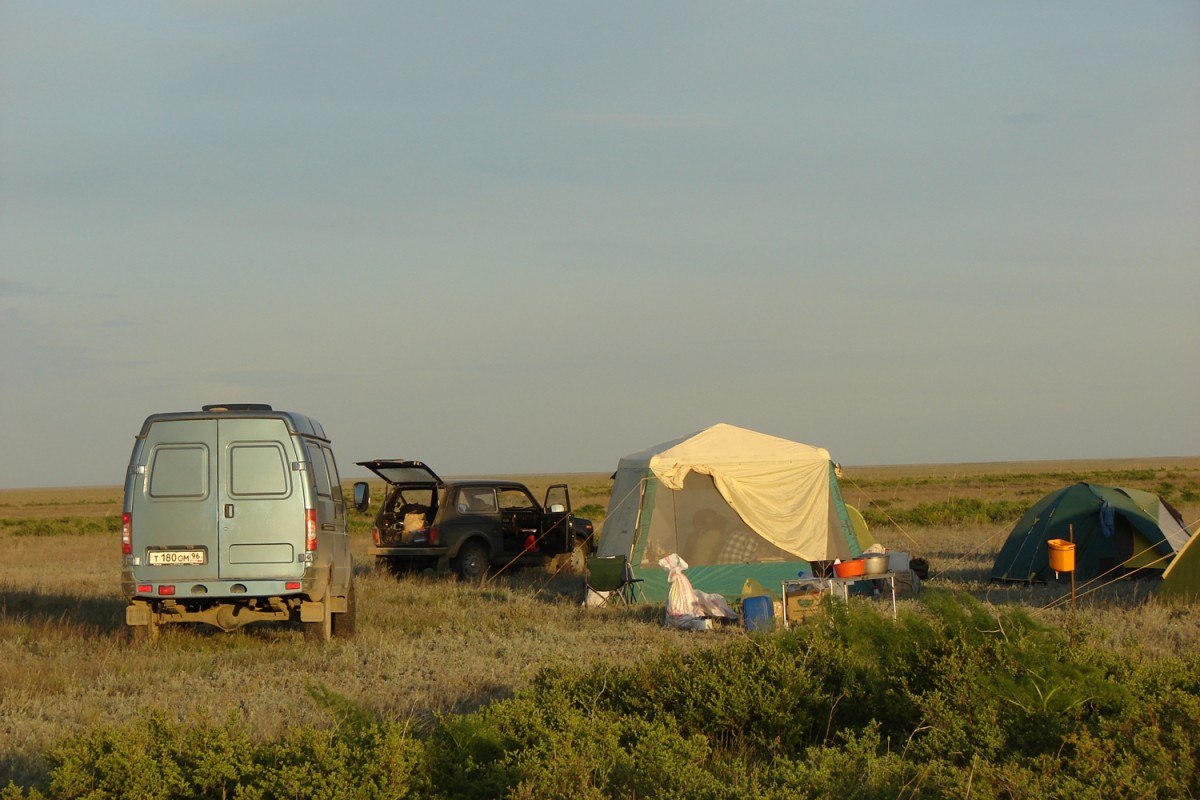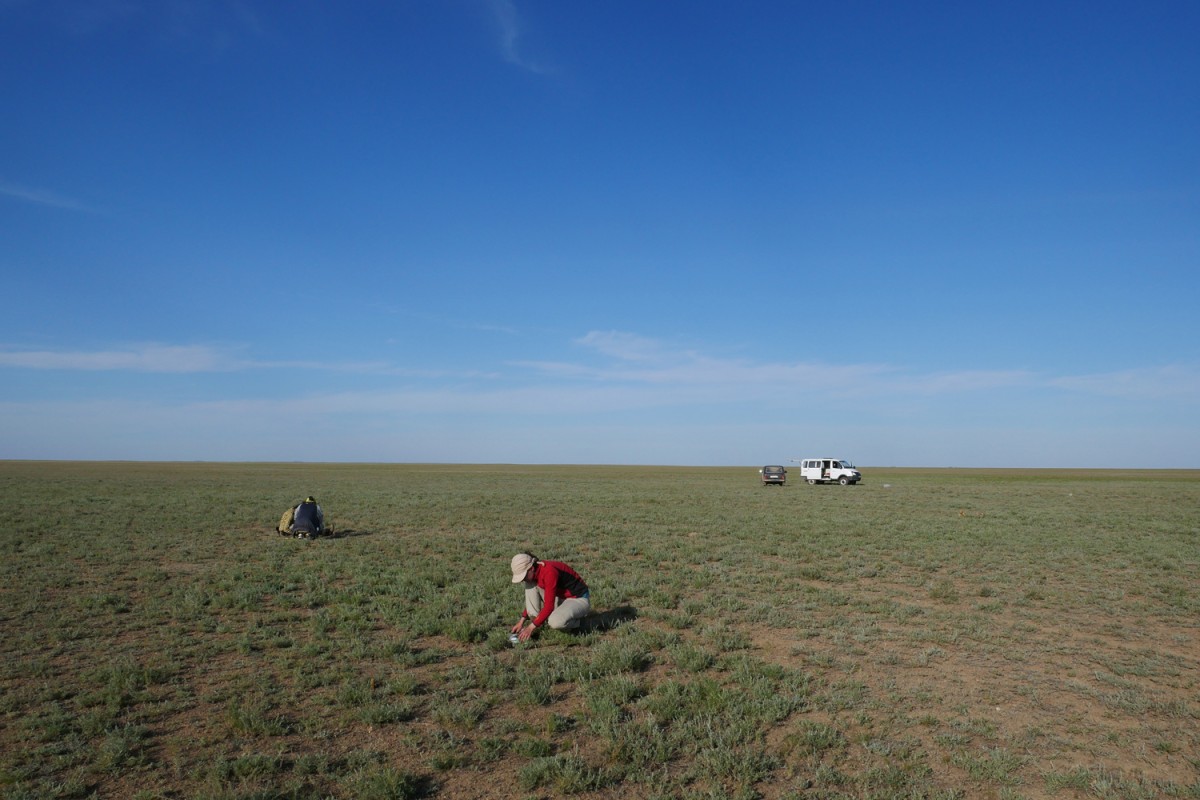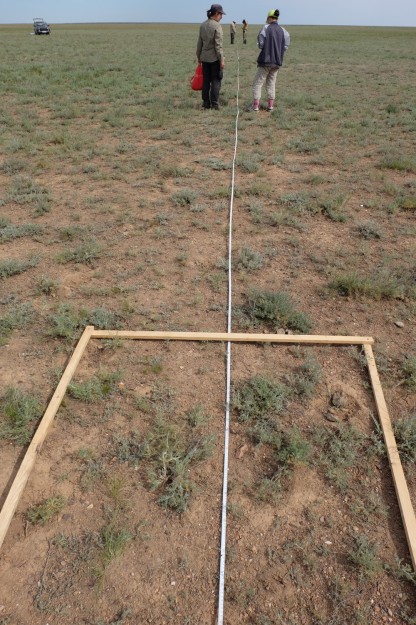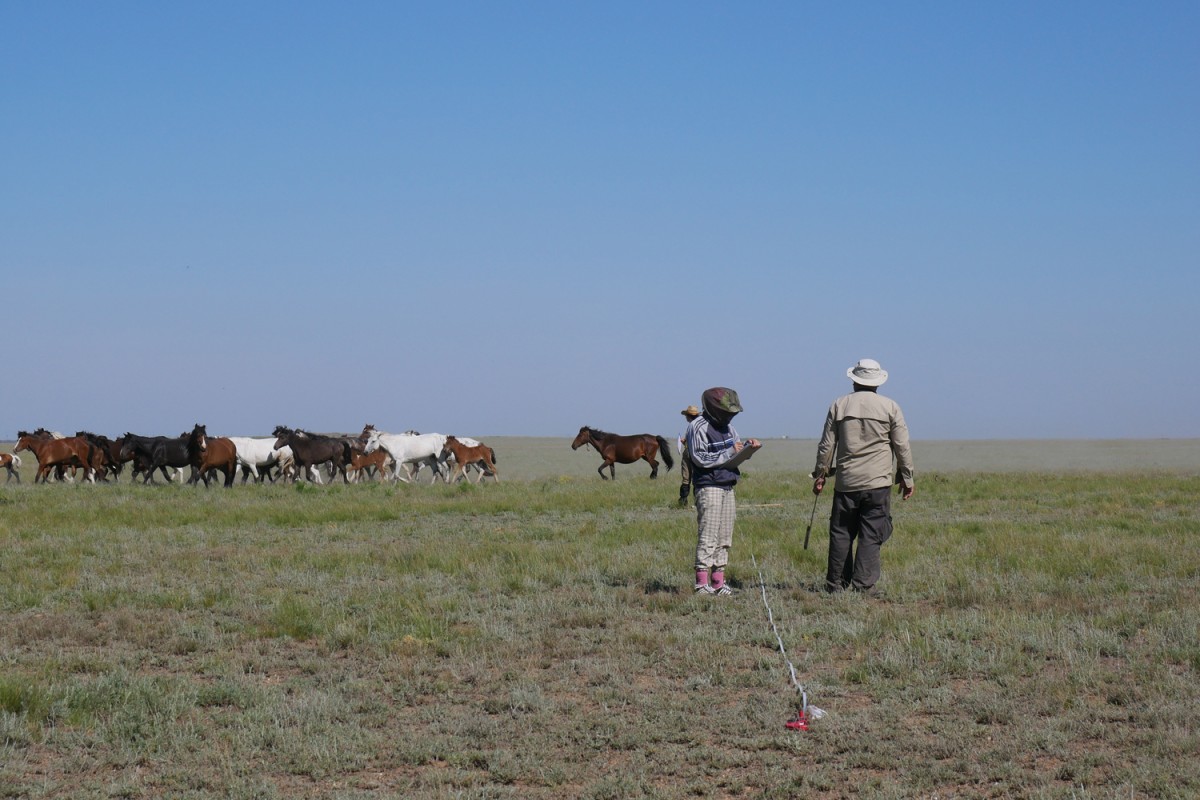
Biodiversity in drylands can mitigate climate change
Grazing is a form of land use which sustains the livelihood for billions of people. It is especially important in drylands, which cover around 41 percent of the Earth’s land surface, hosts one in three humans inhabiting our planet and over 50 % of all livestock live.
Despite this importance of grazing for humans and ecosystems, to date no previous study had attempted to characterize its impacts on the delivery of ecosystem services at the global scale using field data. Ecosystem services are “services” which nature provides to mankind, through resources and biota such as the provision of water and food, the regulation of the climate, or pollination. For doing so, researchers from University of Alicante in Spain, led by Dr. Fernando T. Maestre teamed up with an international team of more than 100 colleagues to carry out a unique global survey conducted in 326 drylands located in 25 countries from six continents.
The international consortium discovered that grazing can have a positive impact on ecosystem services, especially in grazing areas rich in biodiversity. What the researchers were also able to demonstrate was that grazing has negative effects on dryland if the climate is warmer. The results have now been published in the “Science” journal.
Part of the consortium was the working group led by Prof. Norbert Hölzel at Münster University’s Institute of Landscape Ecology. In May 2017, the group organised an expedition to the Betpak-Dala, a steppe-and semi-desert region in Central Kazakhstan. Along a 350-kilometer route from north to south, stretching from dry steppe into the desert, the team collected data on the impact of grazing on biodiversity and ecosystem services. There had been almost no information available on the often hardly accessible drylands of Central Asia. “Without the logistical support of our Kazakh partner organisation ACBK – ‘Association for the Protection of Biodiversity of Kazakhstan’ – hardly any work would have been possible in these remote regions,” says Norbert Hölzel. “Just the provision of fuel, water and fresh food by our Kazakh driver on the expedition was in itself a tremendous achievement.”
The researchers collected a large amount of data at a total of nine locations. “We used standardised protocols,” explains Dr. Frederike Velbert. “In this way, we were able to evaluate the effects which the increasing grazing pressure by livestock has on the ability of drylands to provide essential ecosystem services such as the production of fodder and carbon storage.” Velbert’s task was to coordinate the comprehensive sampling and processing of data.
Key results
The impact of increasing grazing pressure changed from being predominantly positive in colder drylands with low precipitation seasonality and a higher diversity of plant species, to being negative in hotter drylands with a lower diversity of plant species and a higher precipitation seasonality. The authors of the study also noted that there is a positive connection between, on the one hand, diversity among vascular plants and large grazing animals and, on the other, the provision of essential ecosystem services such as carbon storage, which plays a fundamental role in regulating the climate. “The results show quite clearly how important it is to preserve the full biodiversity of global drylands not only to conserve these drylands’ ability to provide important services for humans, but also in order to mitigate climate change,” Norbert Hölzel explains. “The decisive thing is how these regions will be managed now and in future.”
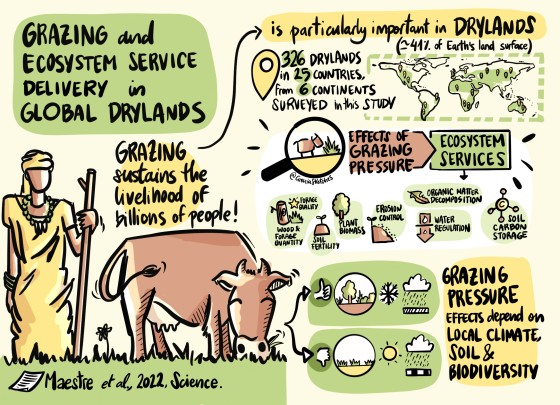
The study
The study was carried out as part of the BIODESERT project, financed by an ERC Consolidator Grant awarded to Fernando T. Maestre. The success of the study was, to a decisive extent, due to a network of many international collaborators who provided their expertise, resources, and work to survey sites in their respective study areas.

